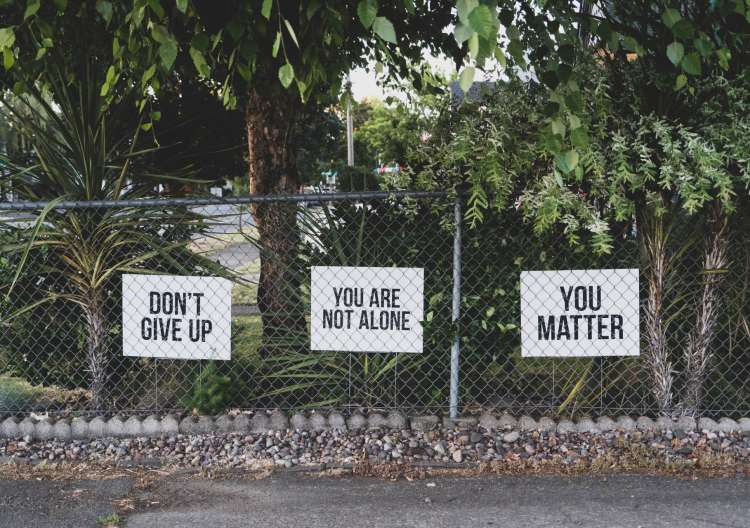Working as a team, with all pitching-in together and, most of all, working in harmony are all essential components of a healthy workplace culture. There are very few businesses that can survive without using effective teams in their operation. When deadlines are tight, it is often team-work that gets the project completed on-time and, more importantly, wins the contract.
The Olympic relay races illustrated perfectly how working together as a team can achieve much more than one player going it alone. You know that if you pass your baton to a person capable of a sprint finish, then your team has a better chance of winning. That little bit extra – is the bit which makes the difference between winning and losing.
Good Team Players at Work
Most organisations have teams. The sales team, the production team, the HR team, the customer services team and, of course, the management team. These teams are created to bring strength and to channel energies and creativity into the aims and objectives of the organisation. Most roles in the workplace require us to interact with others – whereas the concept of ‘going it alone’ is really only relevant in very small
businesses where the driving force is just the owner-manager, or the sole professional practitioner.
Good team players will support other members by offering practical help when they need it. They can offer positive feedback throughout a specific task and especially after a project is completed. Even if the end result is not as good as it could be, the effective team player will look at the learning that has come from the experience, rather than
apportioning blame upon anyone.
Teams are essentially built upon expertise and individual strengths and in the most effective teams you will often find:
- Leaders who challenge and motivate the team to give of their best
- Individual skilled workers necessary for their technical expertise
- Supervisors who push to get the job done
- Monitors who review and assess quality
- Co-ordinators who see that project runs to plan
When teams do not function well, it is usually because of poor communication skills within the team and a lack of clear understanding of individual roles.
Team work can often be challenging, and individuals with a strong character do not always find being a team player, easy. They will have a strong urge to do it their own way and their stubbornness and individuality can sabotage the success of the team effort.
So if you were choosing team members for a project in your organisation, who would the best team players be?
Naturally, we have to assume that they all have the basic technical skills for the work to be done, but what other factors would you need for your team?
So let us now look at some of the necessary qualities of a team player:
- Reliable and can be counted on to work hard, meet commitments and follow through.
- Communicates well to express their thoughts and ideas in a clear, concise manner but with respect for the rest of the team.
- Listens attentively and can absorb information but not take it personally when their suggestion is not always accepted.
- Good problem-solver who can think creatively and ‘outside of the box’ in a solutions-orientated manner
- Fully engages with other team players and maybe even volunteers for other assignments.
- Shares information, knowledge and expertise to keep other team members up to date.
- Co-operates with others to get the job done and takes the initiative to help.
- Flexible and adaptive to ever-changing situations and not stressed-out because a new direction may be taken.
- Committed to his/her job and to the team as a whole and not merely in their own role
- Respectful and considerate of the rest of the team.
Good team players can usually see beyond their own piece of work and are
able to appreciate the larger picture and vision that is behind the specific
project or objective. They are pro-active and good motivators of both themselves and others. They enjoy being a part of the success of their team and of the competitive advantage gained.
Are you one of them?
- Organisations invariably use efficient teams
- Teams are cohesive and work is stronger
- Members support and motivate each other
Reprinted with the kind permission of Gulf News
Need a Motivational Speaker or Awards Host for your Next Conference or Boardroom briefing? Work Stress Expert, Carole Spiers will deliver a charismatic, high-impact keynote presentation, Show Stress Who’s Boss! based on her new book, at your next conference. Contact us [email protected] or call + 44 (0) 20 8954 1593
Carole’s book, Show Stress Who’s Boss! shows you how to deal with stress, manage your stress & anxiety and overcome symptoms of stress. You’ll find tools and stress management techniques to make your life stress-free. Inside this book you’ll find 4 proven steps to relive your stress symptoms. Buy your personally signed copy and receive a FREE stress test card. http://www.showstresswhosboss.co.uk
Also available in Kindle version.




